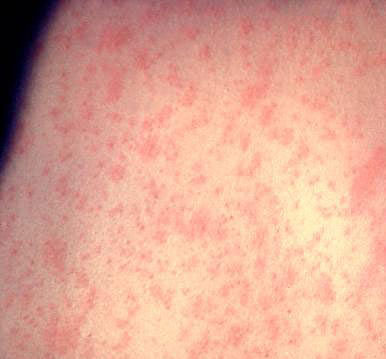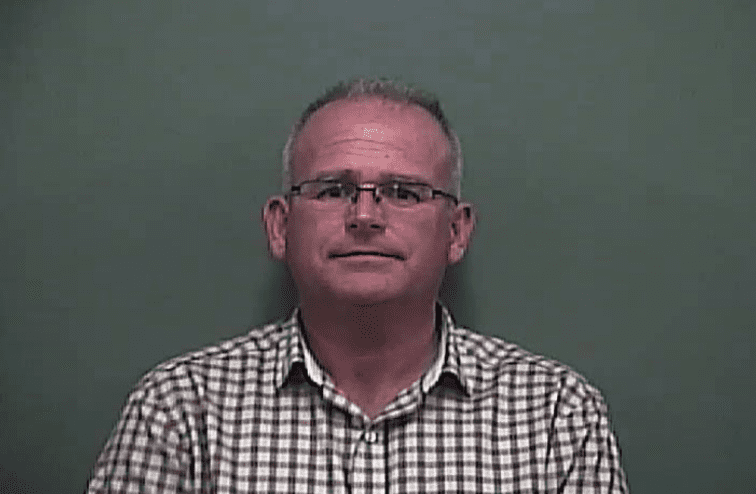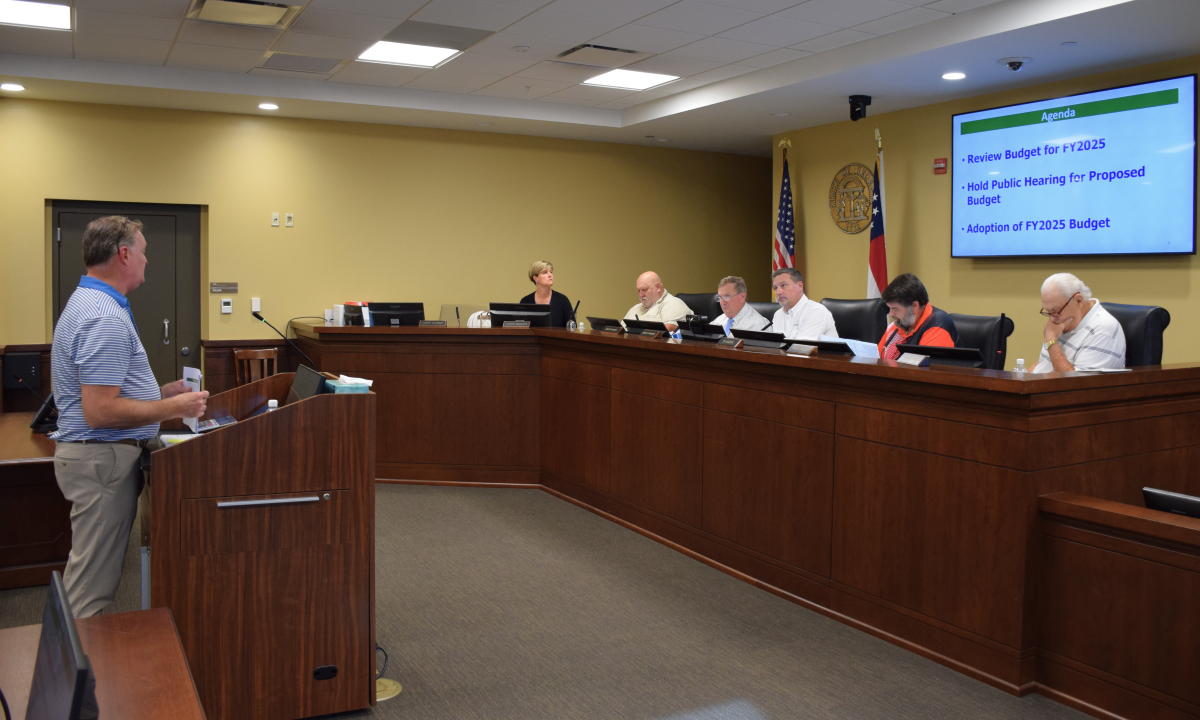Public health officials said Friday that three more cases of measles have been confirmed in Cobb County.
The Department of Public Health confirmed a separate case in Cobb over the weekend.
The confirmed cases bring the total cases of measles to 11 in Georgia this year – more than in the previous decade combined.
The Cobb cases are likely related, the state said. At least two of the three new individuals with measles are unvaccinated, and the vaccination history of the third is unclear, officials said.
Measles is a respiratory disease caused by a virus and can have life-threatening complications.
“These additional cases of measles should be highly concerning for anyone who is not vaccinated with MMR [vaccine],’’ said Dr. Kathleen Toomey, commissioner of the Department of Public Health. “Measles is a serious disease, one which can lead to dangerous complications, even death.”
The MMR vaccine is safe and about 97% effective in preventing measles, Toomey said. “Vaccination is strongly advised for individuals not only to protect themselves but to protect vulnerable populations – such as infants who are too young to be vaccinated and those who cannot be vaccinated for medical reasons.”
The CDC reports that 1,261 individual cases of measles have been confirmed this year in 31 states. That’s the highest number of cases reported in the U.S. since 1992. More than 75% of the cases this year are linked to recent outbreaks in New York.

According to the CDC, 123 of the people who got measles this year were hospitalized, and 61 reported having complications, including pneumonia and encephalitis. The majority of cases are among people who were not vaccinated against measles.
Measles spreads when an infected person coughs or sneezes. Droplets from the nose or mouth become airborne or land on surfaces where they can live for two hours. Measles is so contagious that if one person has it, up to 90% of the people around him or her will also become infected if they are not vaccinated.
Measles starts with a high fever, cough, runny nose and red, watery eyes. Then a rash of tiny, red spots breaks out. It starts at the head and spreads to the rest of the body.
The CDC recommends children receive their first dose of MMR vaccine between 12 to 15 months of age and a second dose between 4 to 6 years old. More than 95% of the people who receive a single dose of MMR will develop immunity to all three viruses. A second dose boosts immunity, typically enhancing protection to 98%.
Adults who are not sure about their measles immunity should speak to their health care provider. There is no harm in getting another dose of MMR vaccine if you may already be immune to measles (or mumps or rubella), state officials say.
People with symptoms of measles should contact their health care provider immediately. Public health advises people not to go to the doctor’s office, the hospital, or a public health clinic without first calling to let them know about your symptoms. Health care providers who suspect measles in a patient should notify public health immediately.
Dr. Marybeth Sexton, an infectious disease specialist at Emory Healthcare, said Friday that measles “is incredibly contagious.”

“If you’re unvaccinated and are exposed, 9 out of 10 will get it,” Sexton said. In Georgia, about 95 percent of children are vaccinated, she added. “The group that’s not is vulnerable.”
There are pockets in the U.S. that have lower than average vaccination rates, she said. Parents can easily get a child vaccinated at a doctor’s office or public health department, Sexton added.
CNN reported in September that there’s a “reasonable chance” the United States will lose its measles elimination status in October because of ongoing measles outbreaks in New York, according to Dr. Nancy Messonnier, director of the CDC’s National Center for Immunization and Respiratory Diseases.
“It certainly is incredibly frustrating and upsetting to the public health community that we may lose measles elimination status, because we do have a safe and effective vaccine,” Messonnier said.
When the World Health Organization declared in 2000 that the United States had eliminated measles, it was hailed as one of the biggest public health achievements in the nation’s history. Losing that elimination status would be a black eye to the United States, public health experts said, according to CNN.
“We’re embarrassed. We’re chagrined,” said Dr. William Schaffner, a longtime adviser to the CDC on vaccine issues.
But last month, with the end of the New York state measles outbreak, the CDC stated that “the United States anticipates maintaining its measles elimination status.” There are no longer any active measles cases in New York state associated with the outbreak that began in October 2018, the New York State Department of Health said.
WHO removes a country’s elimination status when measles has been spreading continuously for one year. A measles outbreak in New York City started on September 30, 2018, and has caused more than 600 confirmed cases of measles. An outbreak in nearby Rockland County, New York, started the next day and has caused more than 300 cases.








